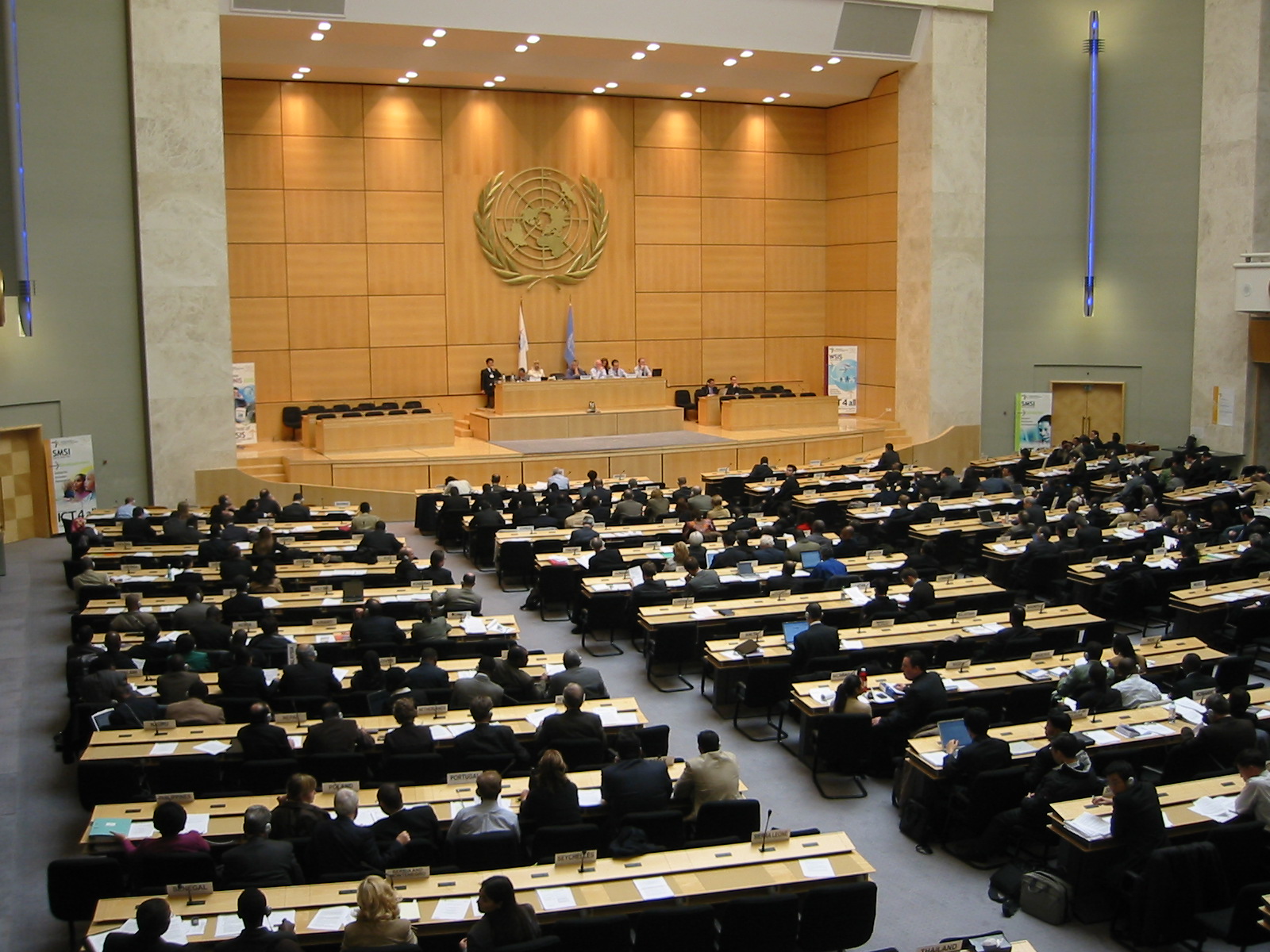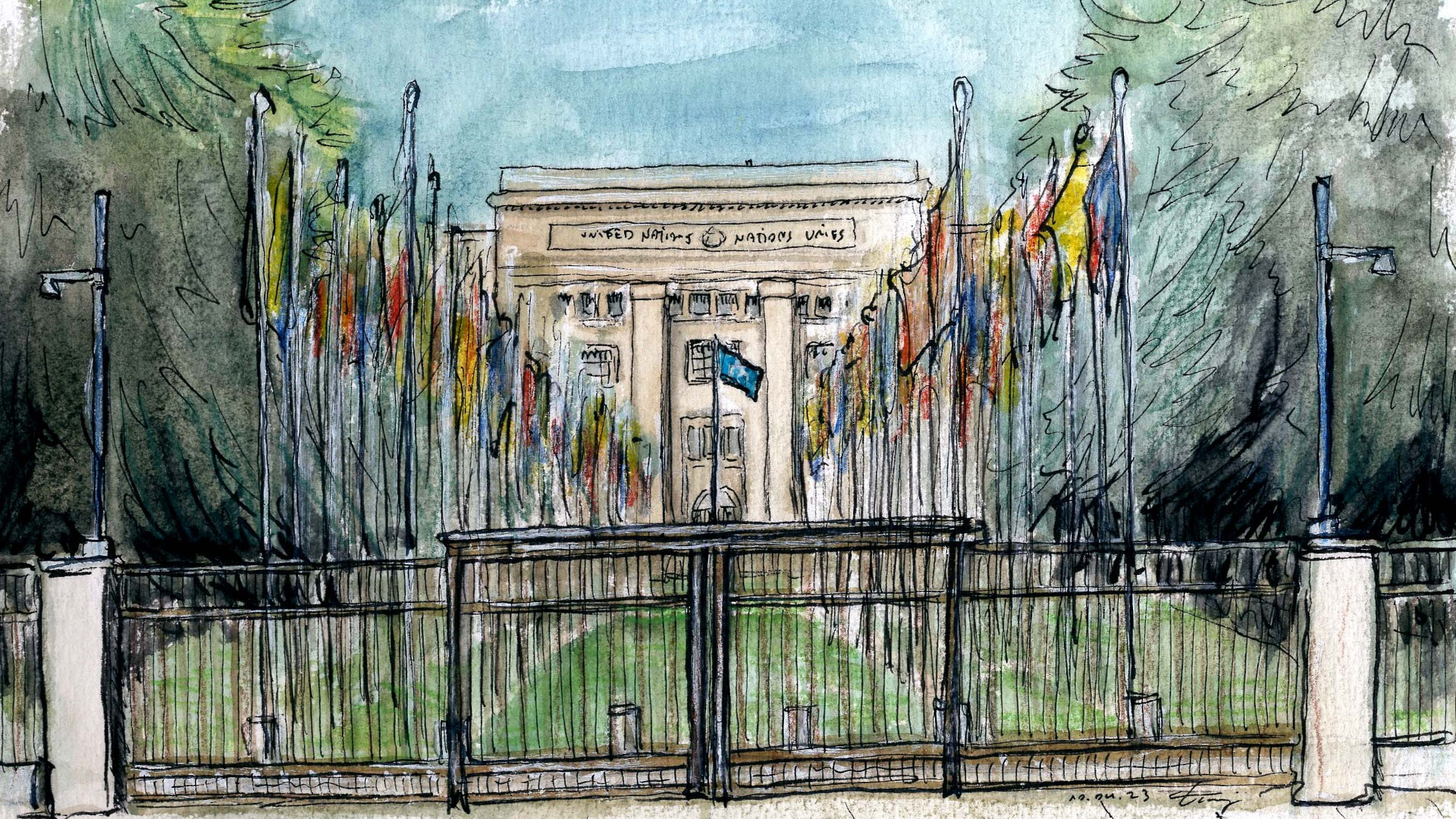Campaign update: On 12 October, at the General Assembly’s Third Committee, the United States raised “deep concerns” over Nicaragua’s government blockage of Anexa Alfred Cunningham, Mistuki indigenous leaders and UN expert, who has been forced to exile after participating at a meeting of the Expert Mechanism on the Rights of Indigenous Peoples (EMRIP).
The delegation also “condemn[ed] Hong Kong’s extra-territorial application of the National Security Law”, as well as “the harassment of Jimmy Lai’s legal team following their engagement with the Human Rights Council.”
ISHR has been campaigning for States to raise specific cases of reprisals at public meetings at the United Nations, through its annual campaign to #EndReprisals. Two of the above-mentioned cases were included in this year’s campaign, namely the case of Anexa and the application of the National Security Law in Hong Kong.
These cases were also raised by other delegations during the Interactive Dialogue on reprisals with the Assistant Secretary-General at the Human Rights Council in September. In Geneva, 13 States cited cases and situations of reprisals.
In addition, a cross-regional statement on reprisals led by Ireland and Uruguay was joined by 78 other States and the European Union, bringing a total of 80 signatories* to this important statement. It was delivered at the General Assembly’s Third Committee during the General Discussion on the promotion and protection of human rights (Item 71) on 17 October.
Our work to #EndReprisals is not over until all human rights defenders can freely and safely engage with the United Nations. Join our mailing list to receive the latest updates on intimidation and reprisals at the UN and be involved in future #EndReprisals campaigns.
Join us!




